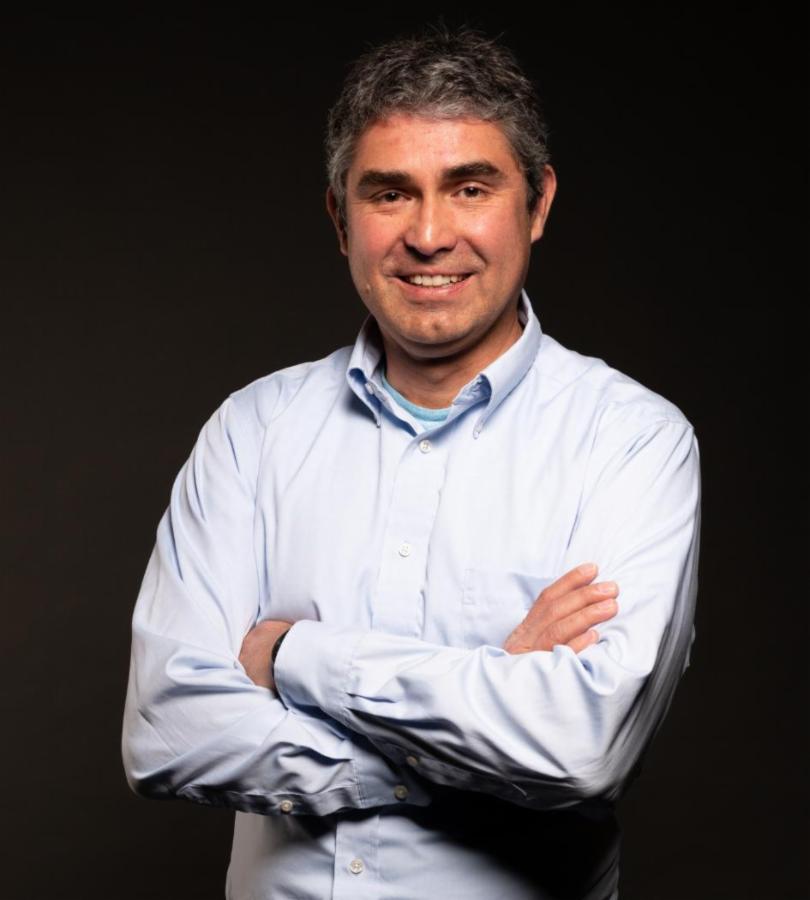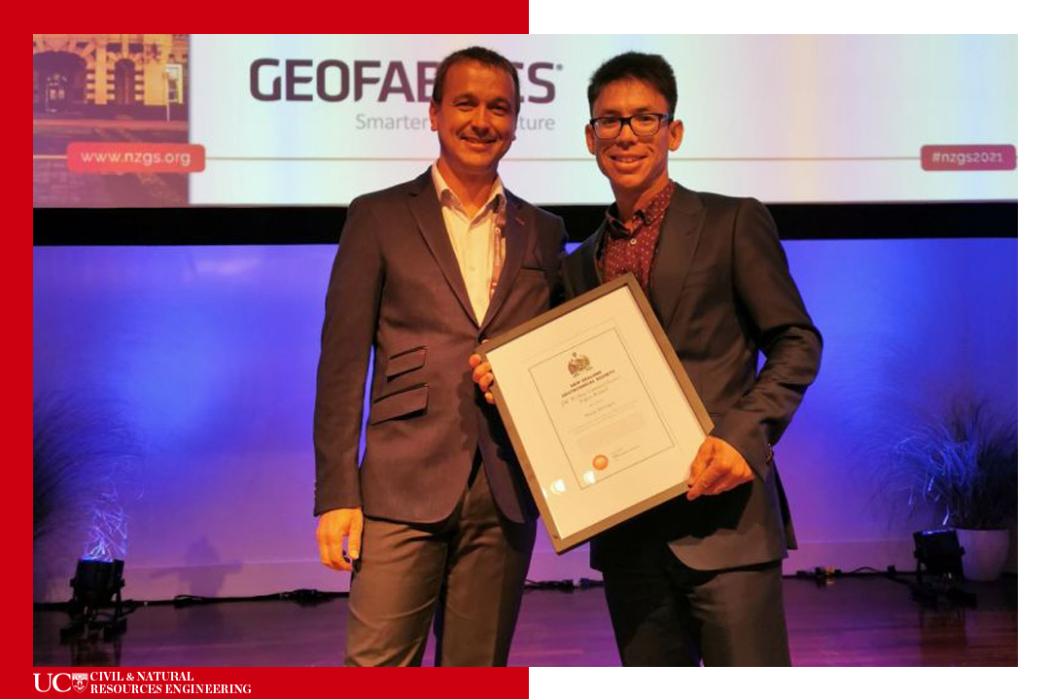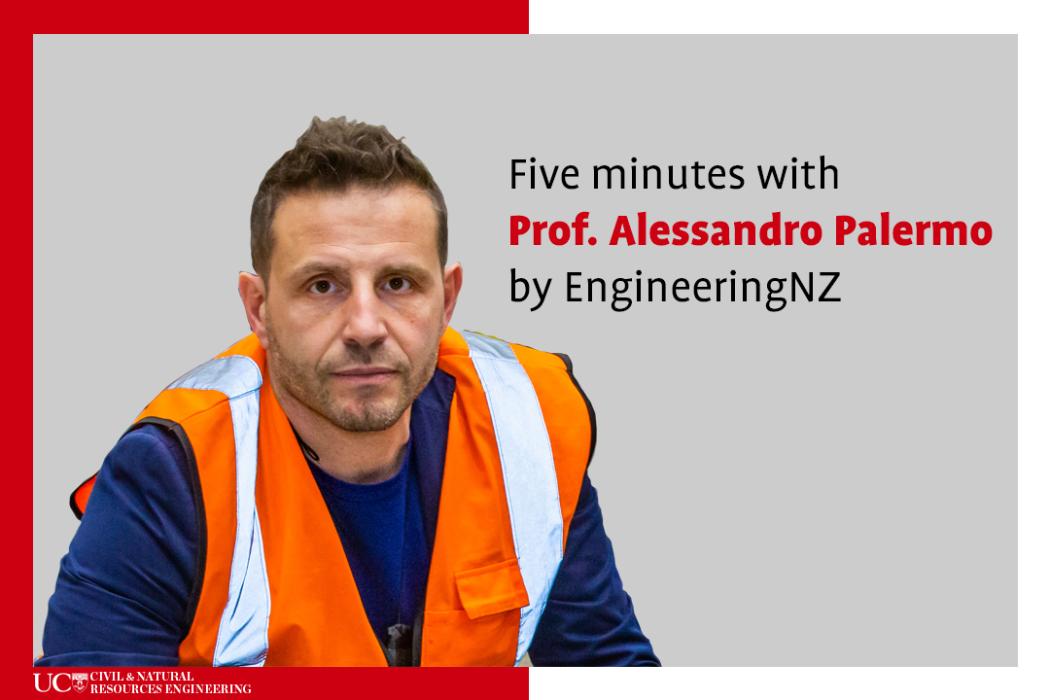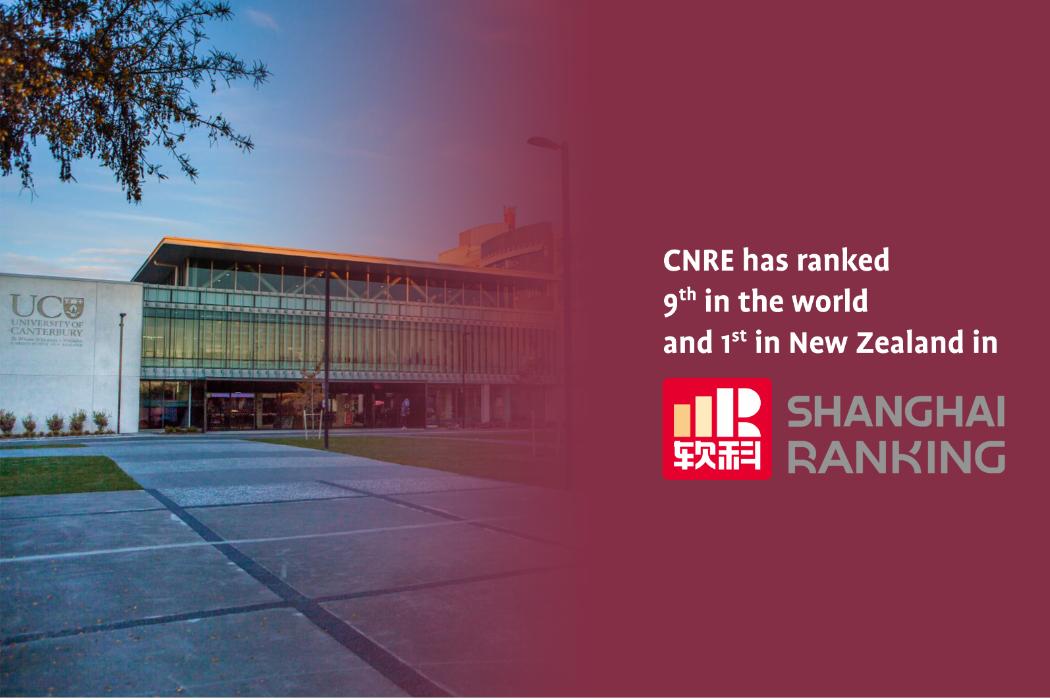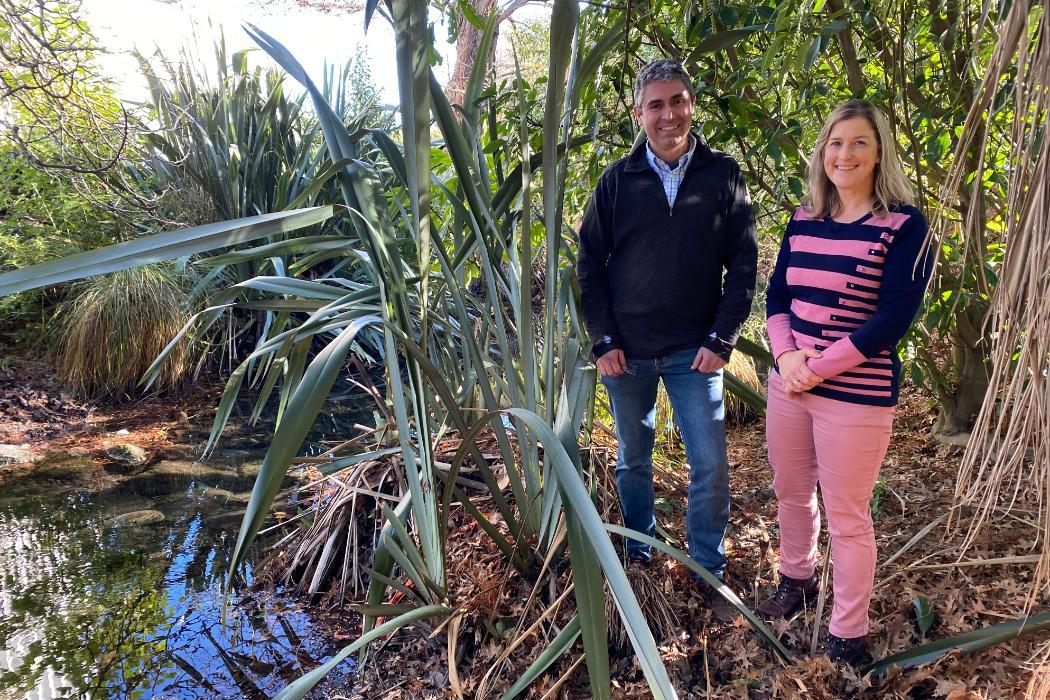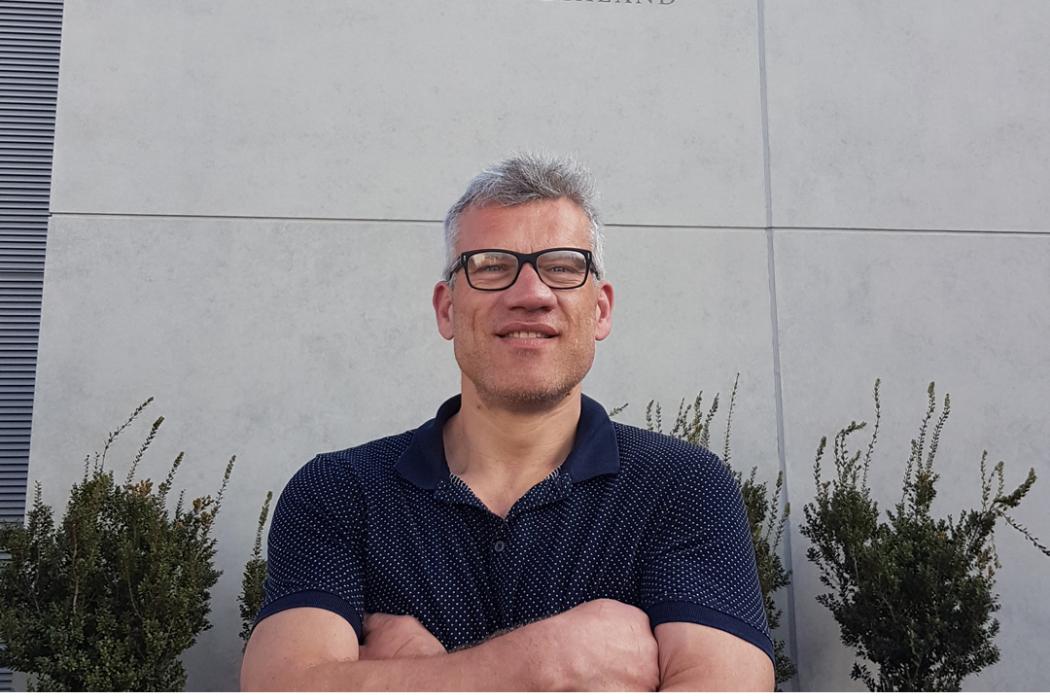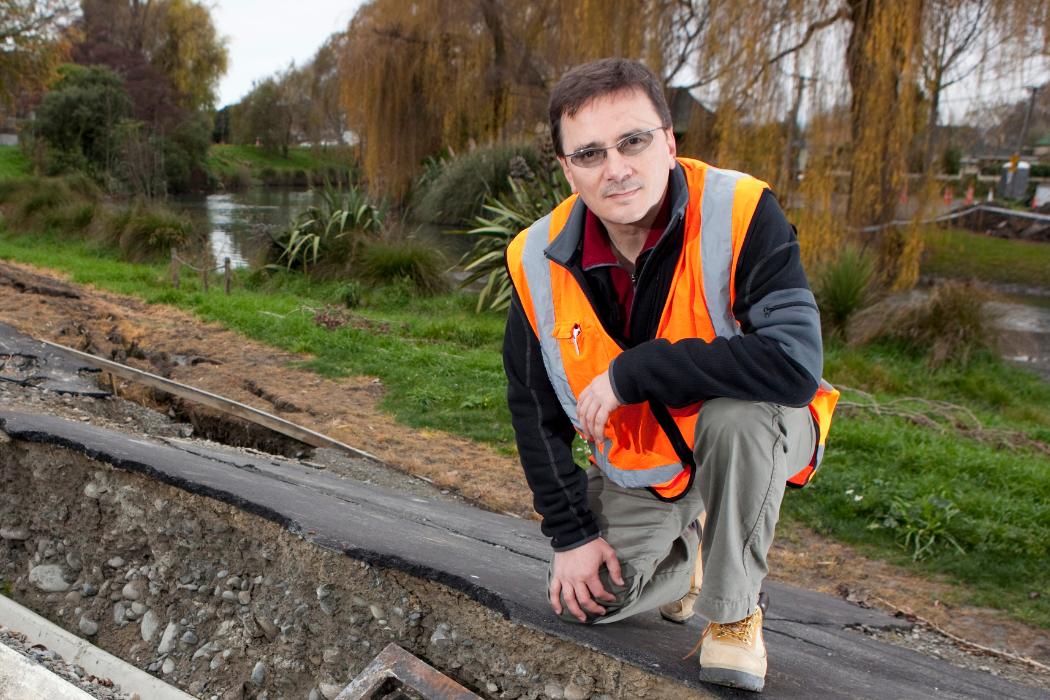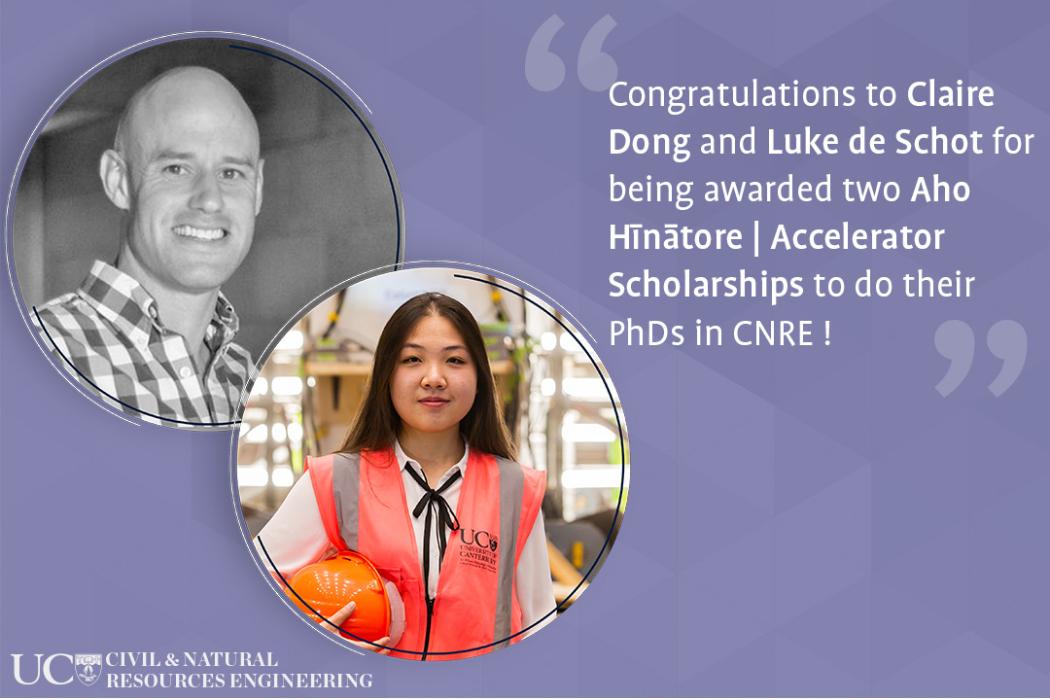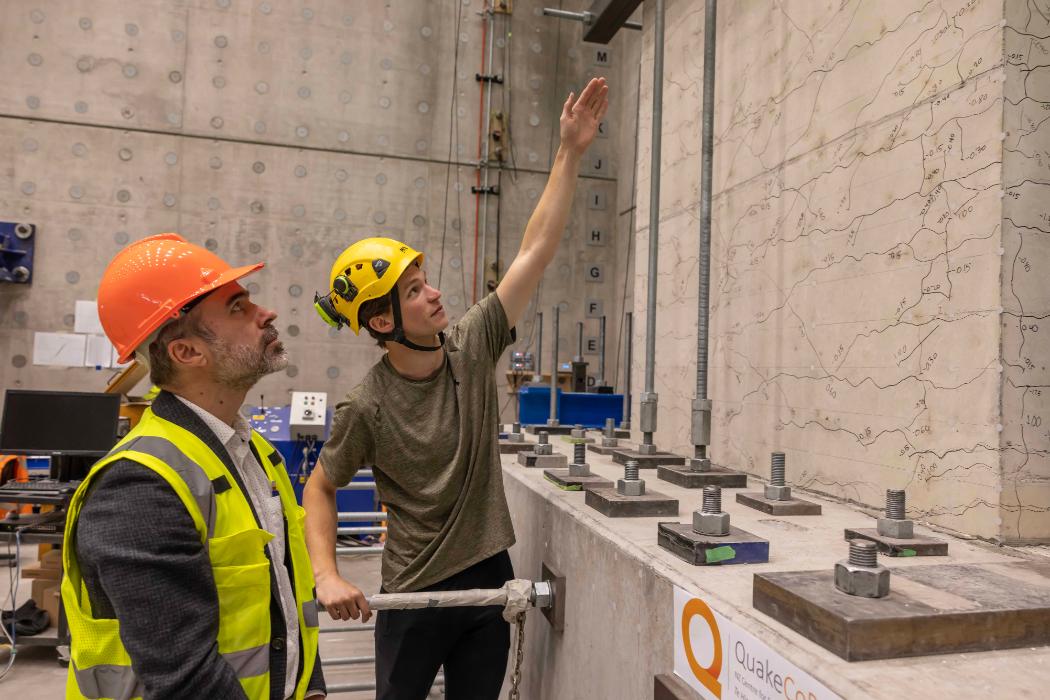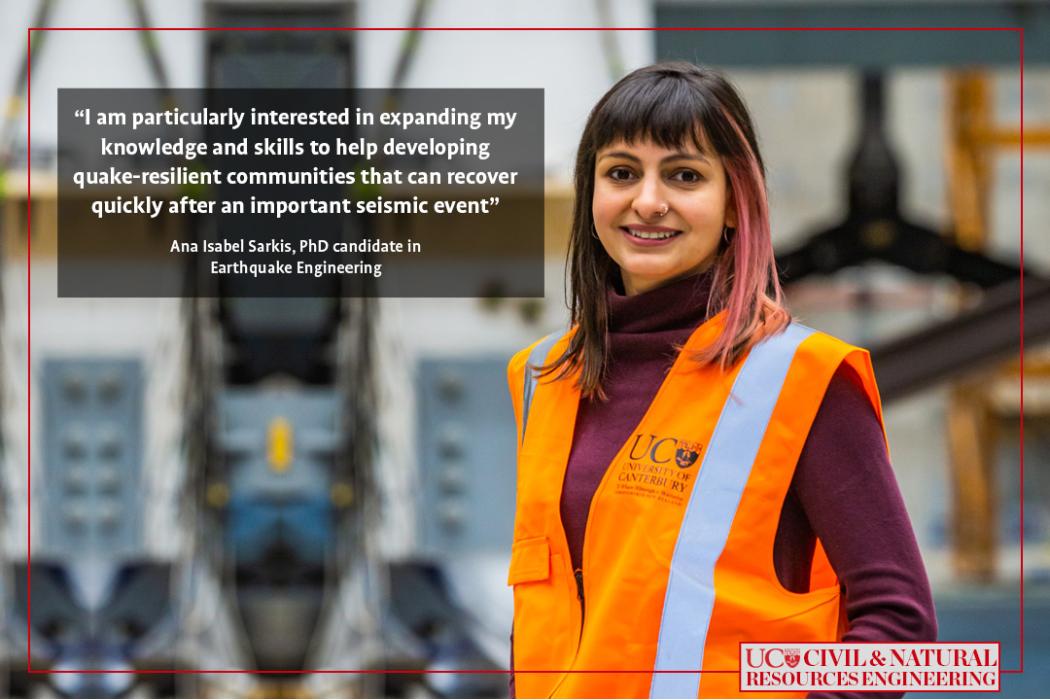The Hydrological and Ecological Engineering Group (HydroEco) is a team of faculty, post-doctoral fellows, PhD, Masters, and Bachelors (Honours) engineering students at the University of Canterbury. HydroEco members have conducted research worldwide on diverse yet interrelated topics such as hydrology, water resources, erosion control, integrated catchment management, stormwater, irrigation, flood prediction, water quality, mine drainage, engineered treatment wetlands and biofuels.
The larger HydroEco Research group meets twice a month to engage in valuable discussion. These lunchtime meetings allow everyone to touch base in an informal manner and bring the group up-to-date on various research projects, funding, publications and achievements of the group members. Undergraduate researchers join these meetings if they are engaged in our summer research. See the research page to discover more about the current projects.
Find out more about Scholarships on offer here
The Hydrological and Ecological Engineering Group (HydroEco) regularly use the Environmental laboratory and Fluids laboratory for a variety of research projects.
In the fluids lab, for example, one of the largest hydraulic flumes in New Zealand (2 m wide by 30 m long) is used for sediment transport studies and another flume for landslide and erosion studies. Our environmental lab is superbly equipped with a particle size analyser, gas chromatograph, climate-controlled sub-rooms, automated logging capabilities, ion analyser, total organic carbon analyser and most other essential laboratory apparatus.
We also have a comprehensive selection of analyical equipment used for field research investigations including a rainfall simulator, topographical lazer scanner, weather station, automatic samplers, river surveyor and flow tracker and multiple portable instruments for measuring water quality and flow (including continuously).
ICP-MS
The Department co-purchased an ICP-MS instrument. Inductively coupled plasma - mass spectrometry (ICP-MS) is an advanced analytical technique for determining trace element concentrations in a wide range of water, sediment and biomass samples (following appropriate digestion) in a rapid timeframe. The technique provides rapid simultaneous multi-element measurements in combination with low detection limits (typically parts per trillion to parts per billion range). It complements the Stable Isotape Ratio Mass Spectrometer Facility in the Department of Geological Sciences.
GIS Laboratory
A dedicated GIS modelling laboratory is available for research as well as access to a range of other computer resources (including a Blue Gene super computer). The lab provides an interdisciplinary atmosphere where students can develop GIS applications and exchange knowledge on GIS modelling and spatial analysis. The GIS modelling laboratory equipment and facilities include: GPS's (Trimble GeoXH pro and others), GIS software (ArcGIS 9.3/ArcInfo, IDRISI, TransCad, GeoMedia, MapInfo, etc.), digitizing tablets (Summa sketch 12 inch), large plotter.
- Ricardo Bello-Mendoza (Water Quality)
- Frances Charters (Stormwater and Ecological Engineering)
- Thomas Cochrane (Water and Land Resources Engineering)
- David Dempsey (Groundwater Systems)
- Tonny de Vries (Irrigation Engineering)
- Simone Larcher (Water Quality)
- Hamish Mackey (Water Quality)
- Aisling O'Sullivan ( Ecological Engineering and Material Science)
- Markus Pahlow (Hydrology and Water Resources)
General enquiries can be directed to the Civil and Natural Resources Engineering department
Hydrological and Ecological Engineering research
Real Time Monitoring
The HydroEco Group manages two real-time monitoring stations: a water quality station on the Okeover Stream and a weather station outside the Environmental Engineering Laboratory. The stream station continuously logs stage height and coupled water quality parameters including temperature, pH, turbidity, conductivity, and dissolved oxygen. The weather station continuously logs temperature, total precipitation, rain intensity, rain drop size and velocity, wind direction and speed, and barometric pressure. Comprehensive data from these two stations allows researchers to compare, in real time, changes in weather with stream quality parameters. (Aisling O'Sullivan, Tom Cochrane)
Stormwater Best Management Practices
Rain gardens, a type of Sustainable Urban Drainage System (SUDS) or Water Sensitive Urban Design (WSUD), are employed to control peak flow volumes and reduce contaminant loads to neighbouring waterways. Research is conducted on rain garden treatment media to optimize removal efficiencies without undermining hydraulic throughput of the system. Additionally, the efficacy of permeable pavements to treat atmospheric deposited urban contaminants is being conducted (Aisling O’Sullivan, Tom Cochrane, Louise Murphy)
Contaminant Build-Up and Wash-Off
The build-up of contaminants on impervious surfaces (e.g. asphalt, concrete, roof surfaces) and respective wash-off characteristics are investigated using replica paved boards and a rainfall simulator. Contaminants of interest are suspended solids (TSS) and heavy metals (zinc, copper, lead). Resulting concentration profiles are used to determine build-up and wash-off functions for modelling of stormwater contaminant loads in urban catchments including from atmospheric deposition. (Tom Cochrane, Aisling O’Sullivan, Louise Murphy)
Urban Waterways
Urban Waterways is a HydroEco developed website designed to provide a link between research groups and individuals involved with urban stormwater research and the local community. This website aims to show people what kind of role their local waterway plays on their everyday life, and what role their everyday life has on the waterway. (Tom Cochrane, Aisling O’Sullivan) and http://urbanwaterways.info/
Acid Mine Drainage
Acid Mine Drainage (AMD) is produced during coal and metal ore mining and is characterised by a high acidity (low pH) and high levels of dissolved metals. Research in the HydroEco group is investigating passive treatment methods for mitigating these contaminants from AMD by using engineered bioreactors comprised of waste products. This technology is proving very cost-effective and demonstrates sustainability in engineering designs. (Aisling O’Sullivan, Ben Uster)
Water Resources Development and Impacts
With the global population surpassing 7 billion, increasing fresh water demands for consumption, agriculture, and energy are threatening the quantity and quality of our current limited supplies. The HydroEco research group is leading a range of studies on the development of water resources and potential impacts on the environment, economy, and human livelihoods. Mekong Flows project: Hydropower development is booming in Southeast Asia due to rapid economic growth and energy demands. Over 120 hydropower projects are being proposed for the Mekong basin, but potential impacts to natural ecosystems and fisheries are of grave concern. HydroEco’s “Mekong Flows” team, funded by the Critical Ecosystems Partnership Fund, have been working with the Mekong River Commission and various NGO’s to quantify the potential impact of hydropower development, water abstractions, and climatic change on water flows, sediment, and ecosystem productivity of the Mekong River and its tributaries. (Tom Cochrane, Thanapon Piman, Mauricio Arias) and www.mekongflows.org
Irrigation
Irrigation in the Canterbury region and across New Zealand has increased rapidly over the past few years. Current research is being conducted to optimize irrigation water usage. In one project, potential improvements of precision irrigation systems are being studied by modelling the influence of wind breaks and shade on evapotranspiration in an effort to reduce excess water usage in fields surrounded by wind breaks. (Tonny de Vries, Tom Cochrane)
Hydrologic and Ecological Modelling
Research projects are being conducted on the impact of hydrological changes brought about by development and climate change on vegetation and productivity of natural pulsing lake and river systems. New models that link hydrology to ecosystem productivity are being developed. (Tom Cochrane, Mauricio Arias, Brian Caruso)
Erosion and Sediment Transport
We have been advancing the state of knowledge on the interactions between shallow landslides and surface erosion at the hillslope and catchment scales. Furthermore, we are investigating the impacts of temporal changes in topography and soil properties (such as armouring) on hydrological and erosion predictions, and developing fundamental GIS based sediment flow routing techniques to advance catchment scale erosion prediction models. Research on sediment transport is being conducted to understand the dynamic growth of braided river deltas. (Tom Cochrane, Govind Acharya, Michelle Wild)
Biofuels
Sustainable energy alternatives are essential when planning for the future. Although the use of land-based crops for biofuels has been highly debated for its consequential ecological and social impacts, microbial (microaLearn more about our research grouplgal-bacterial) biomass grown on wastewater is a promising biofuel alternative that avoids these negative connotations. It recycles ‘waste’ nutrients and does not displace food crops by using land already devoted to wastewater treatment. Research in HydroEco examined the production and harvesting potential of microbial biomass grown on primary treated wastewater from the Christchurch municipal treatment facility. (Aisling O’Sullivan)
Learn more about the Centre for EcoLogical Technology Solutions here
HydroEco collaborate with private industry, research institutes, local and regional authorities and non-profit organisations including:
- Solid Energy New Zealand
- Environment Canterbury
- Otago Regional Council
- Christchurch City Council
- Aqualinc
- UNESCO
- NIWA
- ESR
- DP Consulting
- PDP
- Opus
- MWH
- Irrigation New Zealand
- Conservation International
- WWF (World Wildlife Fund)
- CEPF (Critical Ecosystems Partnership Fund)


